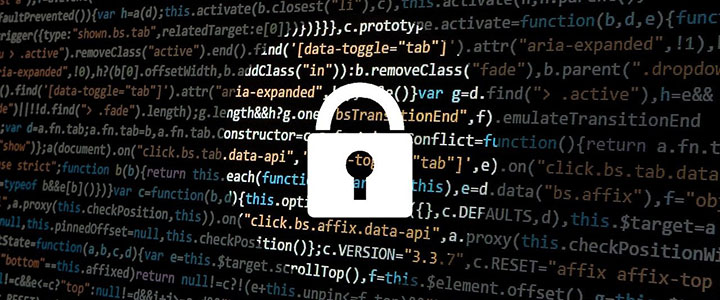
When the European Commission adopted a proposal for a Regulation on Privacy and Electronic Communications back in 2017, it probably had no idea of the conflict to come. Better known as the ePrivacy Directive, the proposed legislation simply aims to update protections of the fundamental right of EU citizens to privacy and confidentiality when using public communications networks. And it’s finally due to come into effect on 21 December.
A law of good intentions
Following on from the 2016 General Data Protection Regulation, the Directive broadens the definition of communication networks to include internet communication services such as WhatsApp, Facebook Messenger or Skype. And it also expands the definition of communications content.
As well as prohibiting the interception, recording, listening into or tapping of a person’s communications, it also bans the use of metadata such as time of call and location unless it has been anonymised, is used for billing or the person has given consent.
But there was one thing the drafters of the proposal had missed.
A law of unintended consequences
The proposed ePrivacy Directive provides no legal exemption for those communications networks and voluntary hotlines that process audio-visual content or data traffic for the purpose of detecting child sexual abuse (CSA) online.
That abuse can include grooming as well as photos and video circulating on the internet of young children being raped, sexually tortured and exploited. And the scale of this criminality is growing fast.
INHOPE coordinates a network of 46 hotlines around the world including all EU member states. In the last two years the number of illegal images and videos it has received has more than doubled to over 320,000.
The organisation warns that if the current ePrivacy Regulation becomes law next month, technology platforms operating or offering services in the Europe Union will have to cease any automated detection activity putting thousands of young lives in danger.
The remedy
The EU Commission has listened to such concerns and last September proposed amending the ePrivacy directive.
The idea is to exempt organisations involved in detecting child sexual abuse online for a period of five years until new EU legislation is approved. The two articles the Commission aims to suspend relate to confidentiality of communication and data traffic, which will allow the continued use of technological tools to surgically identify imagery depicting child sexual abuse and other forms of exploitation such as online grooming.
Last month the European Council of Ministers threw its support behind the new proposal and it is now being debated in the European Parliament. But the issue is still far from resolved.
Protection vs Privacy
On 10 November, the European Data Protection Supervisor – an independent supervisory authority – issued an official opinion recommending that EU institutions not adopt the proposal even in the form of a temporary derogation.
The Supervisor noted that confidentiality of communications is a cornerstone of the fundamental rights to respect for private and family life and argued, “If adopted, the Proposal, will inevitably serve as a precedent for future legislation in this field.”
Others have also expressed fears that governments and law enforcement agencies could take advantage of the exemption for other purposes. For example, last week, Julian Jaursch, Project Director at German think-tank Stiftung Neue Verantwortung, told the TV channel Euronews, “The ability to talk privately, encrypted, freely, is extremely important and valuable for other vulnerable populations that need to be able to communicate in an encrypted setting without fear of retribution from governments or other actors,”
In their battle with defenders of an absolute right to privacy, campaigners against the sexual exploitation of children have launched an online petition to try to win over European Parliamentarians.
They don’t have long because on 7 December the European Parliament’s Committee on Civil Liberties, Justice and Home Affairs is due to cast its final vote on the Commission’s new proposal.
What was originally intended to simply update the protection of a fundamental right has turned into a heated debate between the merits of individual liberty and society’s duty to protect it’s most vulnerable.




